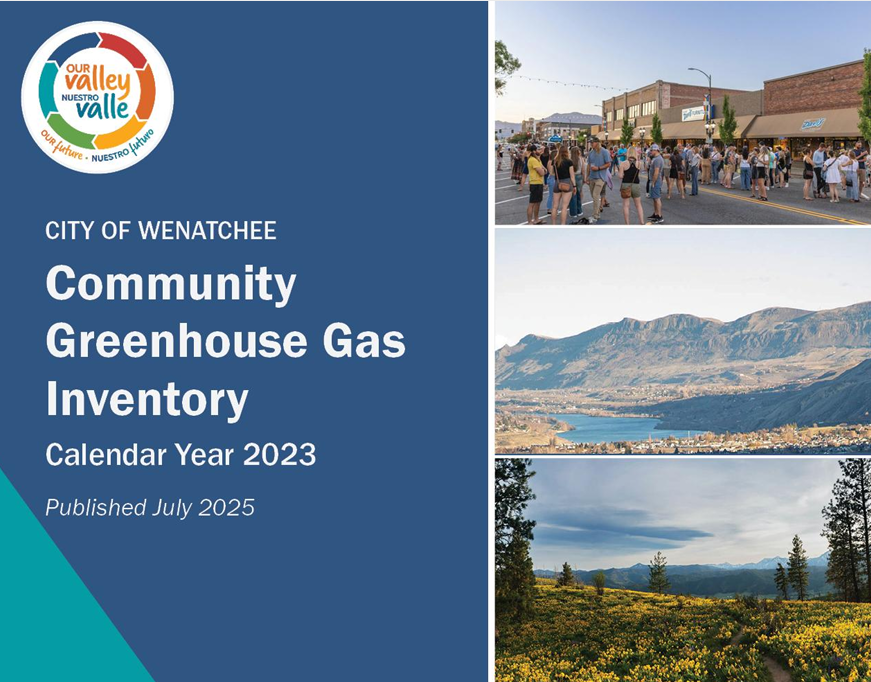Food Hubs & The Methow Valley FoodShed
- Mar 15, 2023
- 3 min read
By Madelyn Hamilton, Methow Valley FoodShed organizer and regional food systems advocate, Twisp, WA
There are many ways that locally grown and produced food can find its way into the hands of local eaters — think farmers markets, CSAs, and grocery stores. Food hubs are another innovative model that has grown in popularity across the country over the last several decades, gaining particular momentum in response to market challenges presented by the COVID pandemic. While foods hubs can vary greatly in shape and size, they are all businesses or organizations that manage the aggregation, distribution, and marketing of local food products, and we are especially lucky to have an abundance of them right here in the Pacific Northwest! (To learn more, check out the following links: LINC Foods - Spokane, Puget Sound Food Hub - Skagit Valley, Okanogan Producers Marketing Association - Okanogan, Walla Walla Food Hub - Walla Walla).

Food hubs – many of which are cooperatively owned by farmers and producers – can take on a number of shapes and can be hosted in either online or physical spaces, but mainly fall into three structural categories:
Farm to business/institution models
Farm to individual consumer models
Hybrid models
As a model for smaller scale food systems and community economic development, hubs provide a wide array of benefits to both producers and customers. For farmers, hubs provide a means of collective marketing and distribution, saving time and money and allowing them to focus on what they do best: growing and crafting delicious nutritious food for their communities. Producers also set their inventory limits, which means there is less risk of potential waste in the system (in contrast to something like a farmers market where growers pick what they think will sell, but may end up with product leftover at the end of the day). Collectivizing also allows producers to access larger markets that they may not be able to approach as individuals.
Because food hub offerings are consolidated in one central place, customers (whether individuals or wholesale buyers) are provided with an efficient one-stop-shop that can save them time. In contrast to larger wholesale distribution where small farmers’ stories often get lost, food hubs also maintain and celebrate producers’ individual identities as a means of cultivating transparency in the food system. This allows customers to know the who, how, and why of where their food comes from, while actively promoting individual food producer’s businesses.
While North Central Washington has a rich agricultural history and many of our communities are committed to keeping that heritage alive, our farmers are also currently facing extreme challenges. These include the financial instability of farming as the cost of living and land increases, competition with a conventional food system that exploits labor and land to produce cheap food, a lack of access to experienced labor and the costs associated with it, and increasing variability due to climate change and supply chain shortages. As we take on these challenges to cultivate a thriving regional food system aimed at feeding our communities and beyond, no singular model will be our silver bullet; rather, we will need a diverse array of creative solutions that we can call upon and build from. The food hub model can serve as an important asset in our toolbelt as we work toward more resilient systems in the Pacific Northwest.
Methow Valley FoodShed
Methow Valley FoodShed is a new online store and food hub headquartered in Winthrop, WA where locally grown and crafted food from a variety of regional producers can be ordered and picked up weekly. Originally started in 2021 by a handful of producers aiming to connect people to local farms and build collective models that increase the efficiency and economic viability of food production in the Methow, we’ve grown significantly over the last year and now offer a variety of items that range from lamb, beef, salmon, and pasta, to eggs, milk, fresh vegetables and fruit, honey and value-added items like bone-broth, pasta sauce, and ready-to-eat meals.

While serving the Methow Valley is our priority and focus, we are also expanding sales and connections into Chelan and Douglas Counties. Last year we had the privilege of partnering with Overwinter Farm to offer a monthly meat add-on option to their CSA, and it was a huge success! While we don’t quite know exactly what it will look like for the 2023 season, we’re excited to be offering a Wenatchee area pickup starting later this spring! To keep up to date and informed on our schedule and offerings, sign up for the FoodShed’s newsletter and fresh sheet here. You can also follow us on Instagram @mvfoodshed.
More details on a Wenatchee drop location and time coming soon! Sign up for updates here! Questions? Email mvfoodshed@gmail.com




Comments